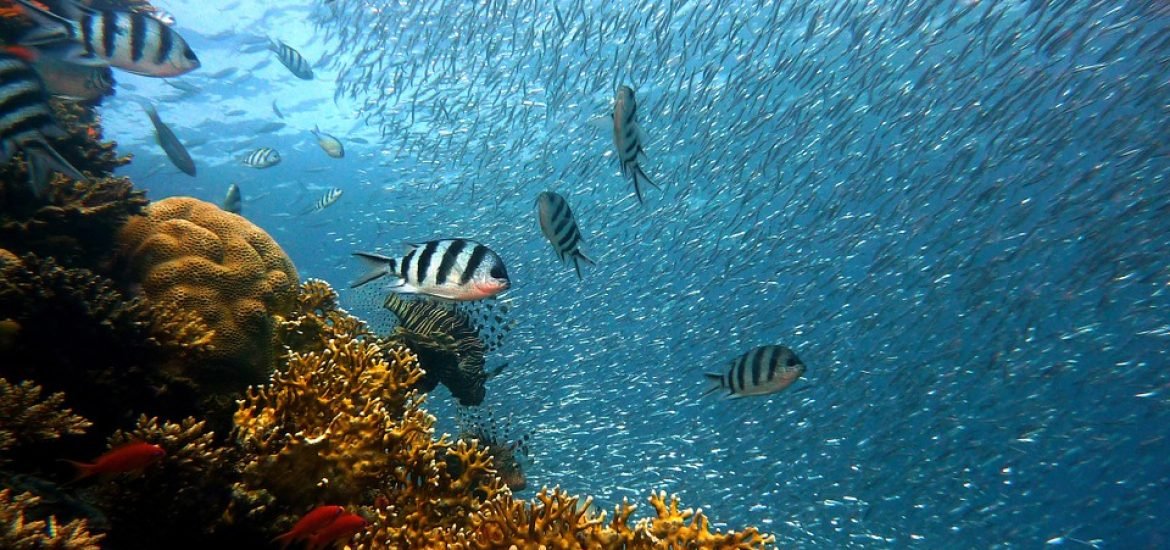
An ambitious new project to investigate the depths of the oceans is set in motion, allowing researchers to understand better what’s beneath the water. The project — called Transparent Ocean — was created in partnership between Robert Gordon University (RGU) and the Net Zero Technology Centre.
Using specialised detection and imaging equipment, including hyperspectral cameras and other sensing technologies, alongside specifically tailored AI systems to process the information, researchers can study anything under the water, from sea life to corrosion in deep water structures.
“Similar to the human eye—for observation, detecting, and monitoring—we can use hyperspectral cameras and other sensors to gather and—more importantly—analyse and interpret the data to gain a clearer and meaningful understanding of various scenarios,” said Professor Jinchang Ren, Transparent Ocean Leader.
According to the authors, this extends our abilities far beyond what’s possible to detect with simple cameras. “If we only use the RGB cameras and other sensors, we can hardly see cracks, leakages, or defects in complicated industrial environments, but we can also extend that ability to other optical sensors—hyperspectral sensors—which can capture anything from UV light to near-infrared (NIR), infrared (IR), to short-wave IR, creating hundreds of images at different wavelengths,” added Professor Ren.
“The impact being, we can choose which parts of the captured hyper-spectrum to analyse and, when combined with remotely operated underwater vehicles and other sensors together, you have the potential for a completely clear and transparent understanding of everything beneath the shoreline. Not only that, but we would be able to understand the difference in the chemical composition of whatever we find, and in a completely safe and non-destructive way, for smart decision-making and early-stage prediction, to benefit industrial partners, end-users, and stakeholders.”
The application for this type of research is almost endless. It can be used to detect natural resources, study aquatic species, analyse conditions at industrial installations, and gather big data to support decisions towards the global goal of Net-Zero.
The project is being conducted at the National Subsea Centre (NSC), a multi-million pound centre for ocean-based research and technology development. The main goal of the NSC is to use smart technologies in industrial and environmental situations in any water-related conditions.
The centre includes academic expertise and facilities used to develop world-class research and development in the fields of subsea engineering, artificial intelligence, data science, and integrated energy.